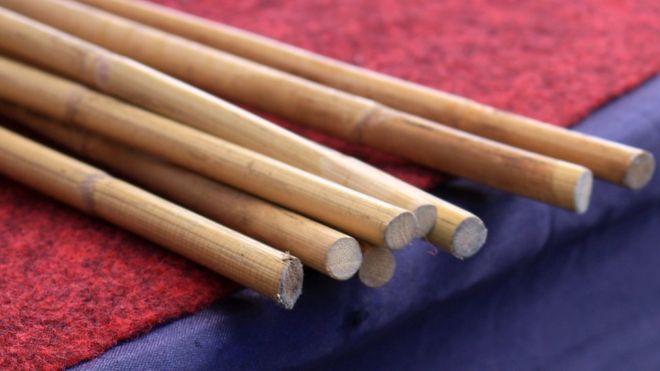Some church leaders in Bulawayo say the banning of corporal punishment has promoted radicalism among learners and led to an increase in school drop outs.
This follows a ruling by High Court Judge, Justice Ester Muremba, that corporal punishment was in contravention of sections 167(3) and 175(1) of the Constitution.
Contributing to the debate on the matter during a peace dialogue hosted by the Ecumenical Church Leaders Forum (ECLF), Wednesday, some of the clerics expressed concern at the behaviour of some learners.
“As a former headmaster I can tell you that since corporal punishment was eliminated in schools, a lot of school dropouts have occurred because they know nothing will be done to them,” said Pastor Ndumiso Khumalo from the Church of Christ.
“Discipline is very important and we should not run away from it because lack of it destroys our children’s future.”
Pastor Khumalo added that people with a fresh and clear mind are needed to permeate the education system before it ruins their children`s future.
“We need new people who will get into the education institution to fix these problems before young people are lost into radicalism,” said Pastor Khumalo.
Another pastor Mathanda weighed in on the issue saying lack of discipline has led to the rise of Vuzu parties that have taken the city by storm.
“Lack of discipline has brought about a rise in Vuzu parties because teenagers know nothing can be done to them at home since government does not allow for them to be beaten because human rights are against it,” said the pastor.
Mr Nqwababa who was also part of the dialogue said the interference of the government in the upbringing of children has created problems.
“We do not have dignity anymore because children have run amok, the problem is that the church and the home are trying to discipline children but the government is not in support with us and hence children hid behind it,” said Nqwababa.
However, youths who were part of the dialogue rejected corporal punishment saying it is inhumane.
“We as youths we do not want to be beaten because when pain is continuously inflicted, you can get used to it,” said Amelia Dube.
She added that it was about time new strategies of instilling discipline were adopted.
“I think it is better for parents to try something else like dialogue for us to be able to understand what we did wrong and the consequences one is likely to get because being beaten is not helping anyone but making us more radical,” she said.

